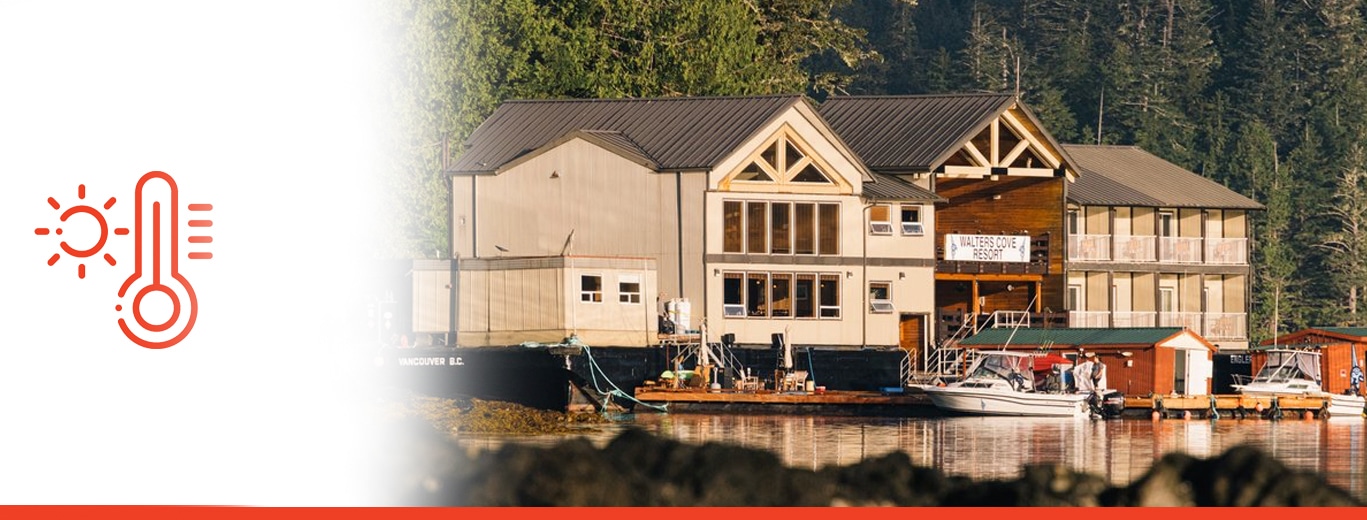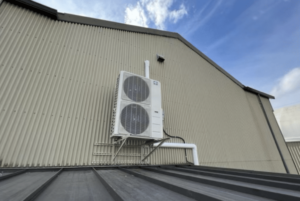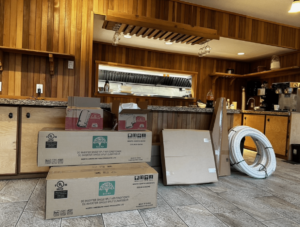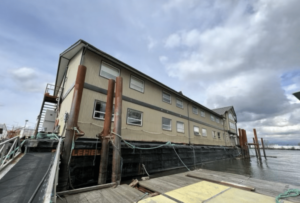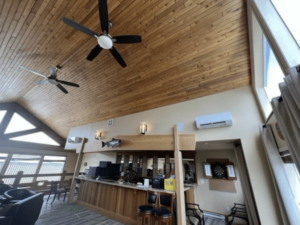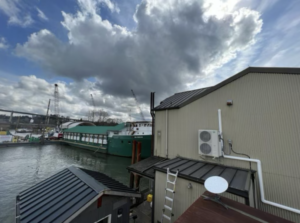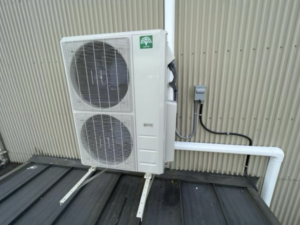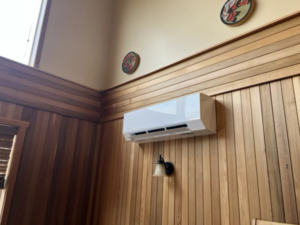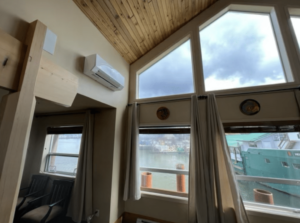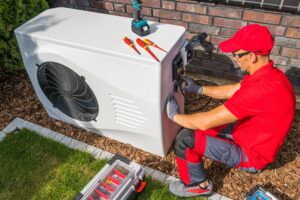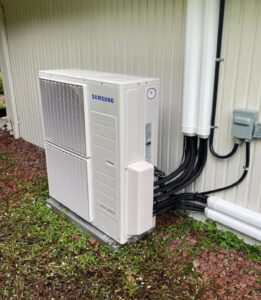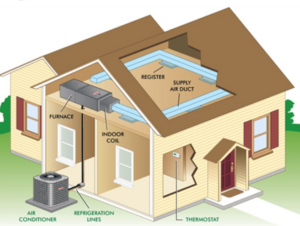Do you know the difference between heat pumps and air conditioners? Both provide cooling, so many people use the terms interchangeably, but there are actually a lot of important distinctions between these two systems. Here’s what you need to know.
Heat Pumps Provide Both Heating & Cooling
One of the primary differences between heat pumps and air conditioners is their functionality. While air conditioners are designed solely for cooling purposes, heat pumps offer a dual function – they can both cool your home in the summer and provide warmth during the colder months. This versatility makes heat pumps an attractive and energy-efficient option for homeowners looking for a year-round climate control solution.
How Heat Pumps Work
Heat pumps operate on the principle of transferring heat from one place to another, not generating heat. During the colder months, a heat pump extracts heat from the outdoor air (even in chilly temperatures) and pumps it into your home to provide warmth. In the summer, the process is reversed – the heat pump removes heat from inside your home and releases it outside, resulting in a cool and comfortable indoor space.
How Air Conditioners Work
Air conditioners, unlike heat pumps, only provide cooling. They use a refrigeration cycle to remove heat from the indoor air and expel it outside, leaving you with a cooler and more comfortable living environment. Air conditioners are highly effective at keeping indoor temperatures low during hot weather, but do not have the capability to provide heating. Air conditioners are also less energy efficient than heat pumps.
Vancouver Homes Can Only Use Heat Pumps
Many homeowners are not aware of it, but as of 2023, air conditioners are actually banned in Vancouver. Instead, heat pumps must be installed if you want a cooling system. The city implemented this ban in order to reduce energy waste and help the environment through the use of low-carbon heating and cooling systems.
If you are ready to install a heat pump in your home, get in touch with JJ&A Mechanical today! Our expert team is highly skilled and experienced in working with heat pumps from every brand. You can count on us for precise installation, quality workmanship, and outstanding customer service every time.








